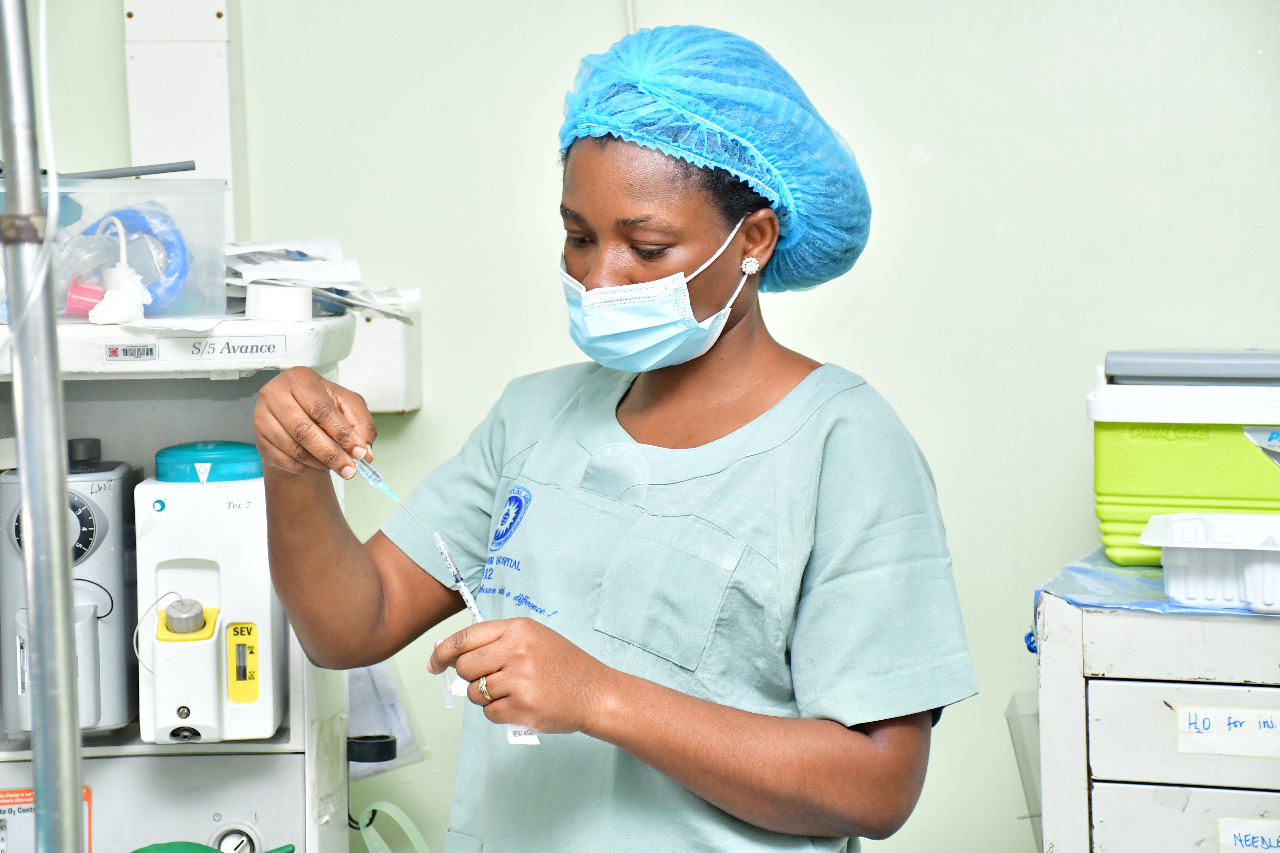We spoke to the paediatric anaesthesia fellow about training at the University of Nairobi
WFSA: Hello! Could you introduce yourself?
Dr Apraku-Peprah: Hello everyone. I am Ewurabena Lydia Apraku-Peprah from Ghana. Before my fellowship, I worked at the Korle-Bu Teaching Hospital in Accra as an anaesthesiologist. I’m now pursuing a paediatric anaesthesia fellowship at the University of Nairobi, Kenya.
WFSA: Why did you decide on a career in anaesthesia?
Dr Apraku-Peprah: I did an internship at 37 Military Hospital in Ghana – there, I was sure I wanted to be a paediatrician because I loved caring for the children. But then I met a group of anaesthesiologists who were so meticulous in their work and it really impressed me. I decided to be a medical officer in anaesthesia after my internship, and from there my career path became clear.
WFSA: How did you find out about the fellowship?
Dr Apraku-Peprah: A friend from Ghana studying paediatric critical care at the University of Nairobi told me how good the training and opportunities were. Fortunately, I was given the opportunity by WFSA and I am eternally grateful to all my sponsors and my trainers, both online and in-person.
WFSA: What was your initial experience?
Dr Apraku-Peprah: The fellowship began with an exclusive Paediatric Anaesthesia Training in Africa (PATA) bootcamp organised in Zambia. This brought together all fellows from the four training countries (Kenya, Zambia, Uganda and Nigeria) and the faculty members. There was an overview of the conduct of paediatric anaesthesia, and we also had Point of Care Ultrasound (POCUS) training. We also practiced basic transthoracic echo, lung ultrasound, gastric volume estimation, among others, at the bootcamp.
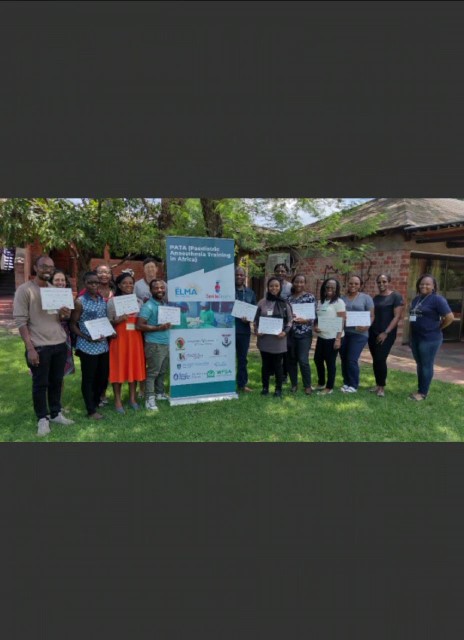
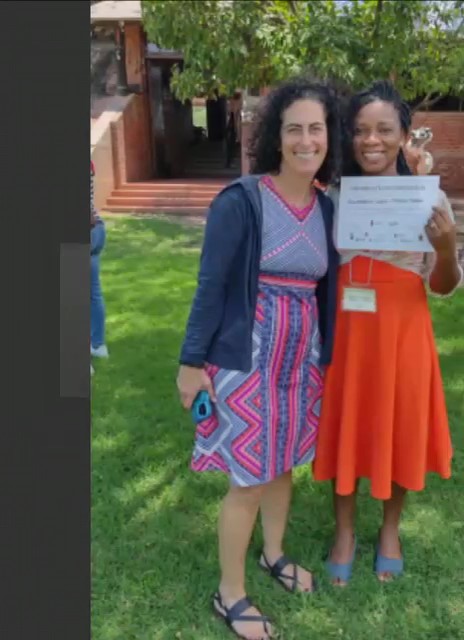
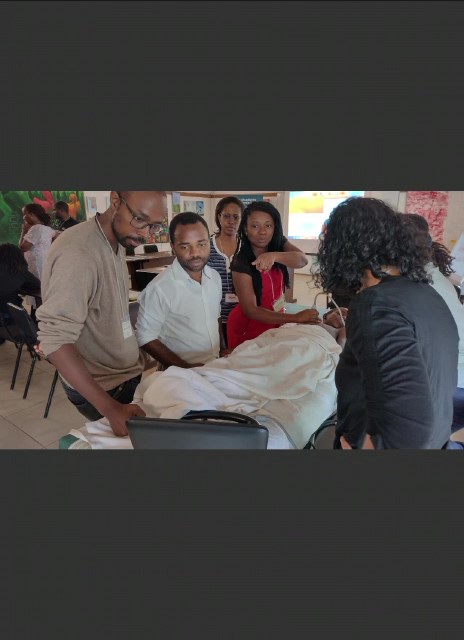
WFSA: Did you enjoy the bootcamp?
Dr Apraku-Peprah: Yes! The Managing Emergencies in Paediatric Anaesthesia (MEPA) training was my favourite during the bootcamp. I learnt how to be calmer during management of anaesthetic emergencies and how to effectively communicate my thoughts with team members. It has been extremely helpful in my training so far.
I also bettered my composure during cardiopulmonary resuscitation in paediatrics; during the bootcamp, we got certified by the American Heart Association for Paediatric Advanced Life Support (PALS) and Basic Life Support (BLS), thanks to our sponsors and training.
WFSA: What is it like training in Kenya?
Dr Apraku-Peprah: Kenya is a beautiful country with a well-developed private and public health system – there is a better referral system, and ambulance service. I hope we get there sometime soon.
WFSA: How are you finding the fellowship programme?
Dr Apraku-Peprah: The fellowship programme has great experience in equipping us with excellent skills. The training is very intensive but exciting. As fellows, we get involved in several paediatric camps organised in various hospital settings in Kenya – we’ve been to cardiac camp, cleft palate camp, paediatric general surgery and urology camp, for example.
Training in different hospitals offers the opportunity to enrich our experience in both common and not-so-common complex cases. It also means you can move around, visit tourist sites and make new friends – so have fun! The training isn’t just academic, it’s holistic.
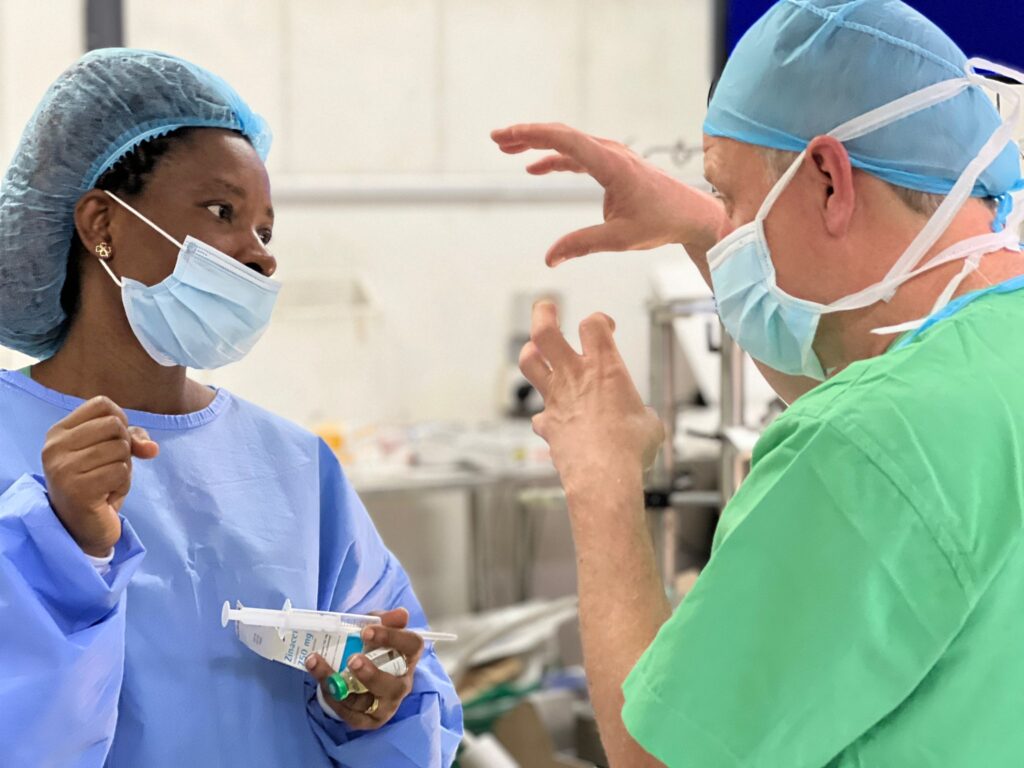
WFSA: What’s a standard day of training like in Nairobi?
Dr Apraku-Peprah:
- Pre-surgery: Typically, there is a review discussion of all the patients on the list who had been assessed preoperatively the previous day. The morning discussion includes the anaesthesia team, the surgical team and the nursing team. Theatre prep follows, and the first patient is brought in. Interactive teaching could be from consultant to the rest of the team, or from the fellow to registrars and clinical officers
- Post-surgery: The children are usually sent to PACU but occasionally, they’re sent to ICU if necessary. The day usually ends with pre-op visits to patients for surgery the following day.
WFSA: Is there a particular case that has stuck with you?
Dr Apraku-Peprah: I participated in emergency separation of Siamese twins joined at the torso at midnight. Though we eventually lost the infants at ICU within a week post-separation, I appreciated learning lot of things. The organisation, the commitment and the MDT management under emergency situations.
WFSA: What are your plans for the future?
Dr Apraku-Peprah: This fellowship has taught me new tools to better teach junior colleagues. I’ve experienced the impact of frequent training workshops – at home, there are few paediatric anaesthesiologists, so the majority of paediatric cases are handled by non-paediatric. I want to collaborate with my colleagues and others to help organise training workshops for these providers.
Finally, I also hope to acquire some basic equipment needed to improve the quality of care at my facility through the new contacts I have made through this fellowship.
Dr Apraku-Peprah’s fellowship was sponsored by WFSA, the Society for Pediatric Anaesthesia and ImPACT Africa
The WFSA offers its Fellowships to anaesthesiologists from low and middle-income countries to increase their skillset and become leaders for anaesthesia once they return to their home countries. Upcoming WFSA fellowships and how to apply





